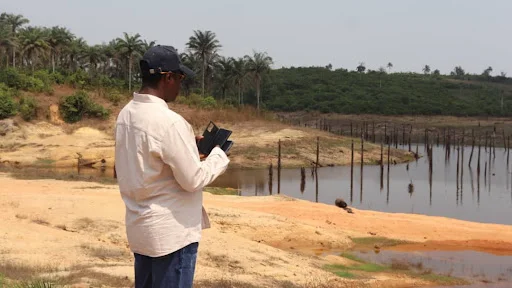The third day of the 31st Regular Meeting of the National Water Council saw delegates embark on a crucial facility tour across Akwa Ibom State, inspecting key water infrastructure projects vital for food security and climate resilience.
Leading the high-profile delegation was Umar Ibrahim Mohammed, the Director-General and CEO of the Nigeria Hydrological Services Agency (NIHSA), accompanied by top officials from the Federal Ministry of Water Resources, state representatives, and stakeholders from the water and environmental sectors.
The tour kicked off at the Itu/Ibiono Ibom Dam, where delegates assessed the project’s progress and challenges. Welcoming the team was the Village Head of Ikot Andem Itah, Etem-Idung Archiborg, who expressed appreciation for their visit. He appealed for the dam’s speedy completion, stressing its significance in providing potable water, supporting agricultural irrigation, and mitigating flood risks in the area.
From there, the team proceeded to Dominic Utuk Avenue Spring Water Lake, a natural water resource with immense potential for improving local water supply and boosting eco-tourism. Discussions revolved around the sustainable conservation and management of the lake, ensuring its long-term benefits for local communities and environmental initiatives.
The final destination was the Ibom Arise Park project, a site known for its ecological and recreational value. The visit reinforced the need to align water resource management with climate adaptation policies and sustainable land use strategies.
Throughout the tour, experts deliberated on the development of water infrastructure, climate resilience, and policy interventions essential for strengthening food security through effective water management.
Reaffirming its commitment to tackling Nigeria’s water security challenges, the National Water Council emphasized the importance of strategic collaborations, effective policies, and the timely completion of critical water projects nationwide.
Tags
News

